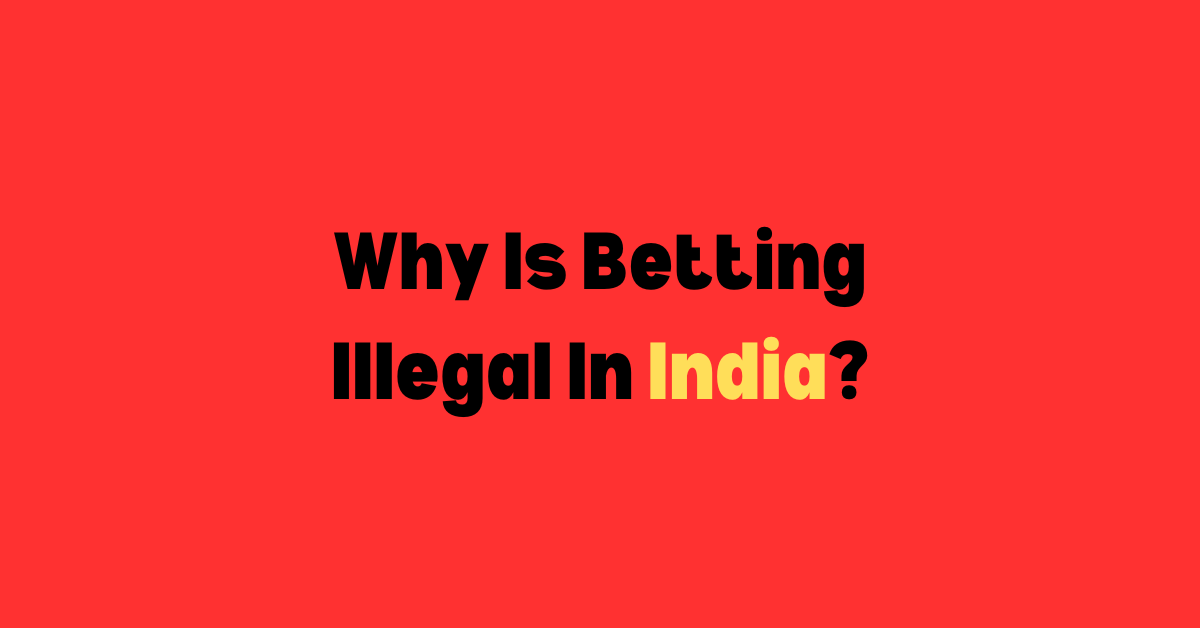Reasons for Betting being Illegal in India
Betting is considered illegal in India due to various reasons. One of the primary factors is the concern for societal well-being and the potential negative impact that widespread betting could have on individuals and families. There is a fear that legalizing betting could lead to increased cases of addiction, financial ruin, and social problems among vulnerable populations.
Additionally, the legal prohibition on betting in India is rooted in the belief that it can lead to corruption and undermine the integrity of sports and other competitions. The fear is that by allowing betting, there will be an increase in match-fixing, manipulation of results, and other forms of cheating, which could erode the trust and fairness in sports and tarnish the reputation of the country internationally.
History of Gambling Laws in India
Gambling laws in India have a long and intricate history that traces back to the colonial era. The country’s first legislation on gambling, the Public Gambling Act of 1867, was enacted during British rule, primarily to regulate gaming activities and curb illegal betting practices. This law made it illegal to operate or visit a gambling house, imposing penalties on those found in violation.
Following independence, the states were given the authority to regulate gambling within their territories. Many states have since adopted their own laws on gambling and betting, leading to a fragmented legal framework across the country. While some states like Goa and Sikkim have legalized casinos and betting on certain events, others maintain strict anti-gambling laws. The divergent laws and lack of a unified regulatory approach have created challenges in effectively addressing issues related to gambling in India.
Impact of Betting on Society
Betting has far-reaching consequences on society that extend beyond the individuals directly involved in the practice. The allure of quick money through betting often leads to addiction and financial ruin for many individuals. This not only affects the mental and emotional well-being of the gambler but also impacts their families and communities.
Moreover, widespread betting can lead to an increase in crime rates as individuals resort to illegal activities to fund their gambling habits. This creates a ripple effect that undermines the safety and security of society as a whole. Additionally, the normalization of betting in society can erode moral values and lead to a culture of greed and dishonesty that permeates various aspects of social life.
Corruption and Money Laundering Concerns
Corruption and money laundering are significant concerns associated with illegal betting activities in India. The lack of regulation and oversight in the underground betting market makes it fertile ground for illegal practices. This unregulated environment often leads to an increase in unethical behavior, such as match-fixing and bribery, which can have far-reaching consequences on the integrity of sports and society as a whole.
Moreover, the influx of unaccounted money through illegal betting poses a serious risk for money laundering activities. Criminal organizations exploit the anonymity and lack of transparency in illegal betting operations to launder their illicit funds. This clandestine flow of money not only undermines the financial system but also poses a threat to national security by fueling other criminal activities.
Legalization Efforts in India
The debate surrounding the legalization of betting in India has been ongoing for several years. Proponents of legalization argue that regulating the industry would generate significant tax revenue for the government, create job opportunities, and curb illegal betting activities. Many believe that legalizing betting would bring it under the purview of the law, ensuring fair practices and consumer protection.
Opponents, however, raise concerns about the negative social consequences of gambling, including addiction and financial ruin for individuals and families. They argue that legalizing betting would only exacerbate these issues and lead to a rise in criminal activities such as match-fixing and money laundering. Despite the differing viewpoints, efforts to legalize betting in India continue to attract attention and debate among policymakers, industry stakeholders, and the general public.















